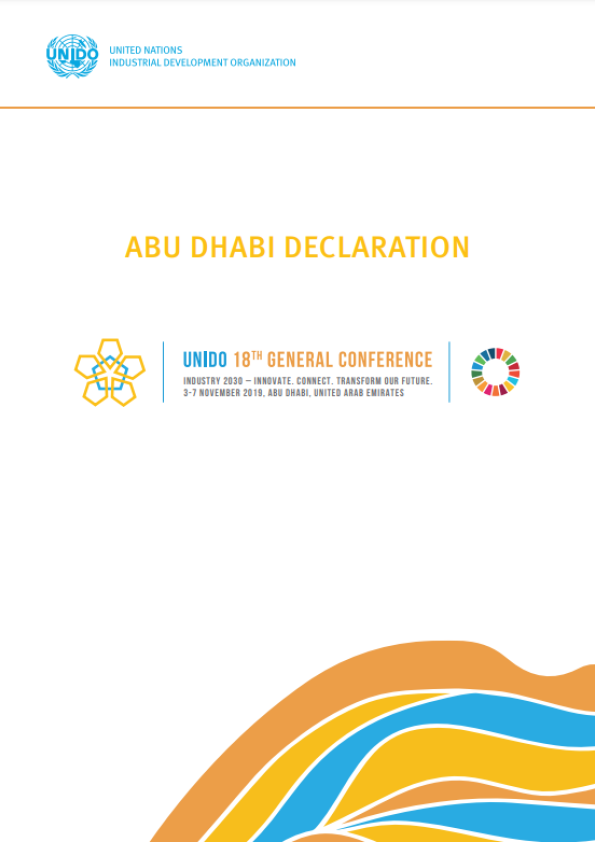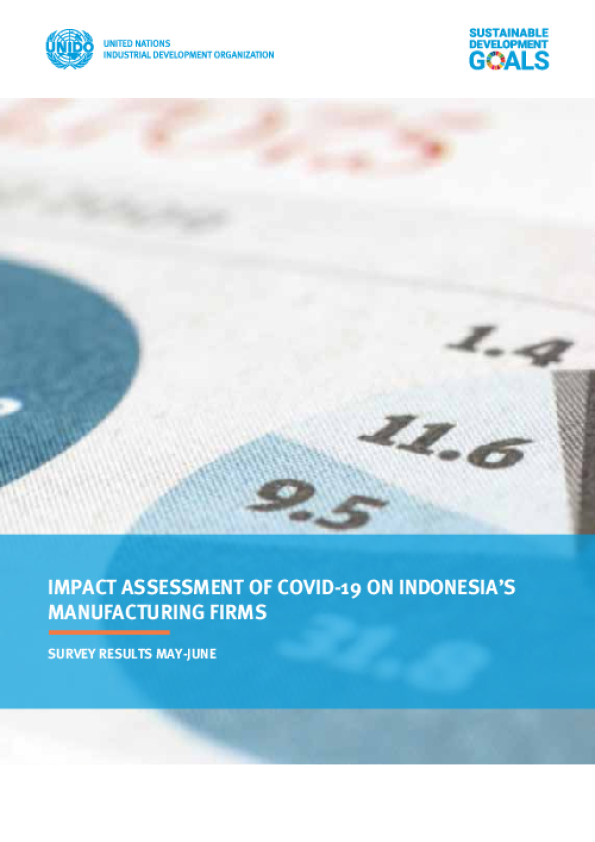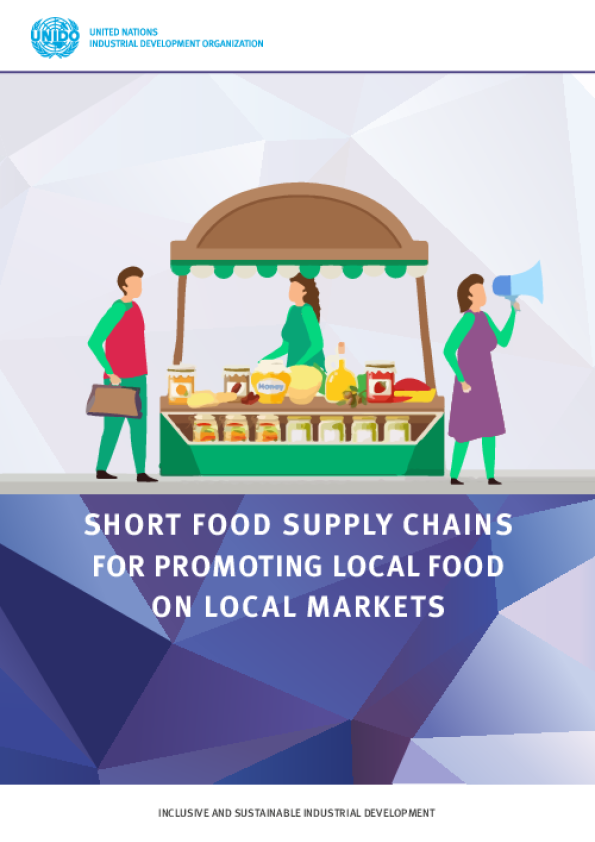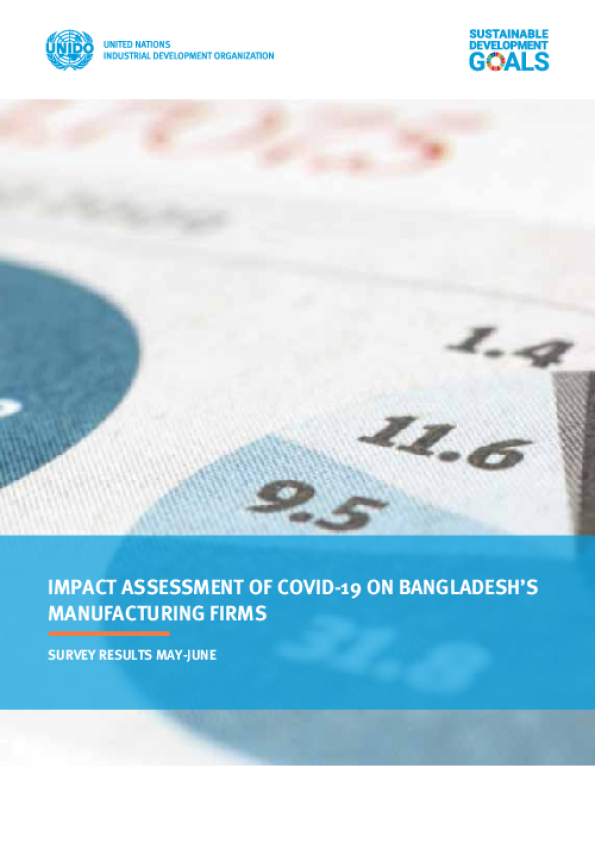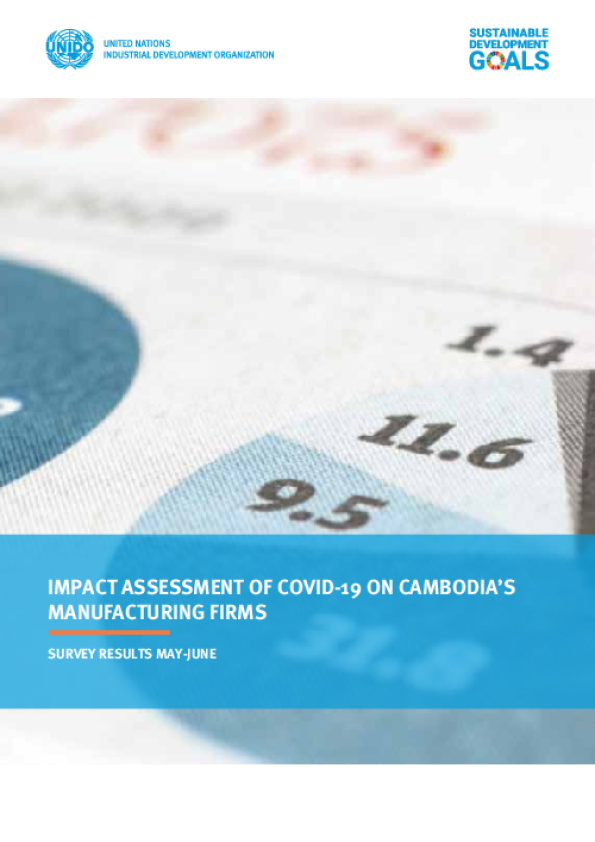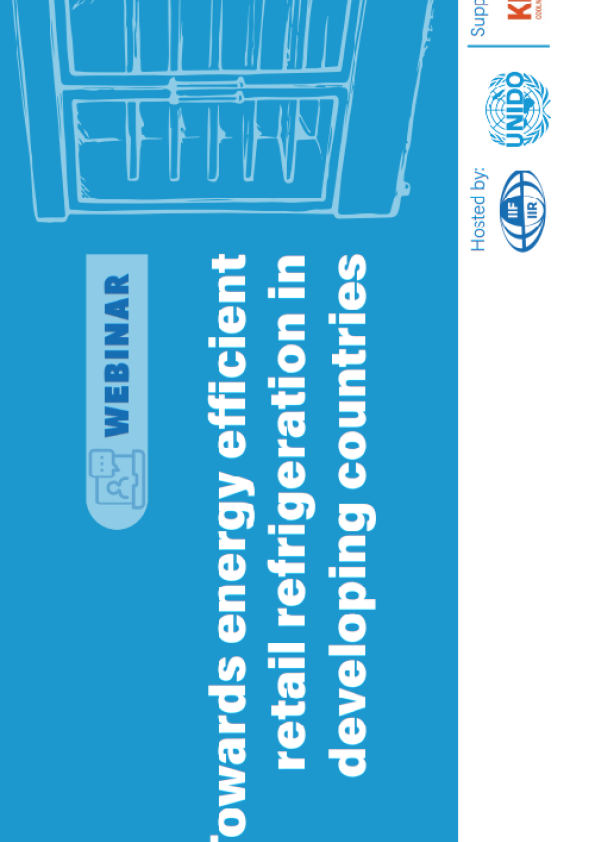UNIDO Publications
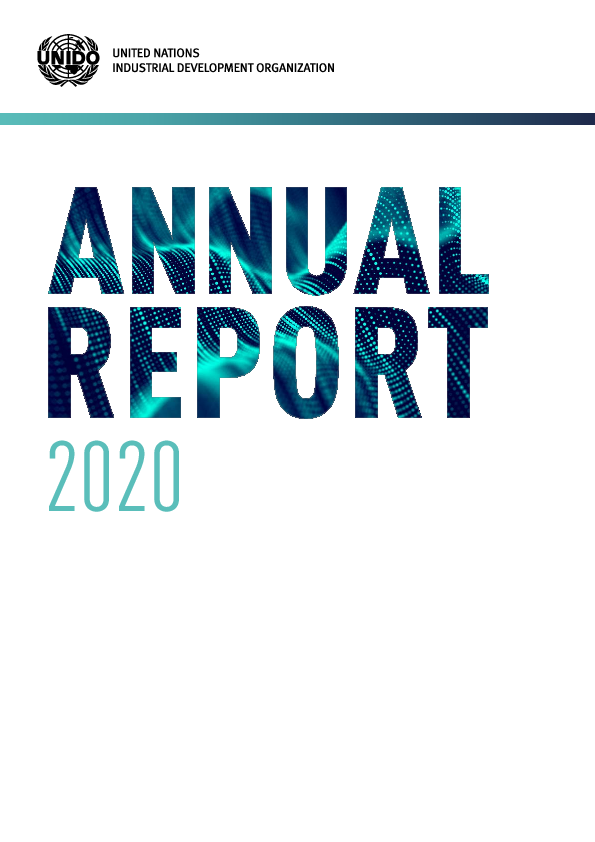
2021 | Author(s): UNIDO
#Annual Report
The statement that the year under review was a special one has never been truer than for 2020: a very exceptional year for every one of us. Just as we entered the Decade of Action, determined to accelerate progress towards the achievement of the 2030 Agenda, the COVID-19 pandemic gripped the world, causing widespread loss of life, human suffering and lost livelihoods.
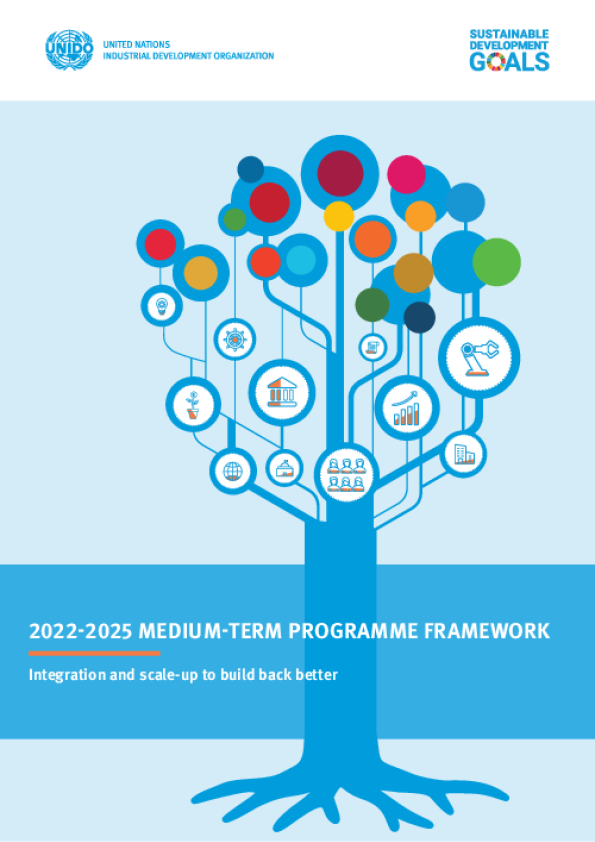
UNIDO Medium-term programme framework, 2022-2025
2021 | Author(s): UNIDO
#Key Policy Document
Integration and scale-up to build back better
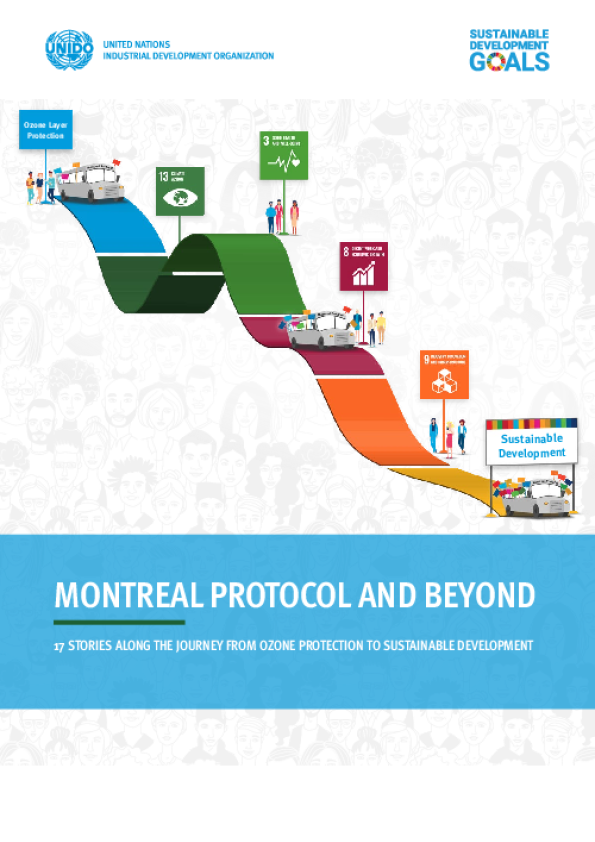
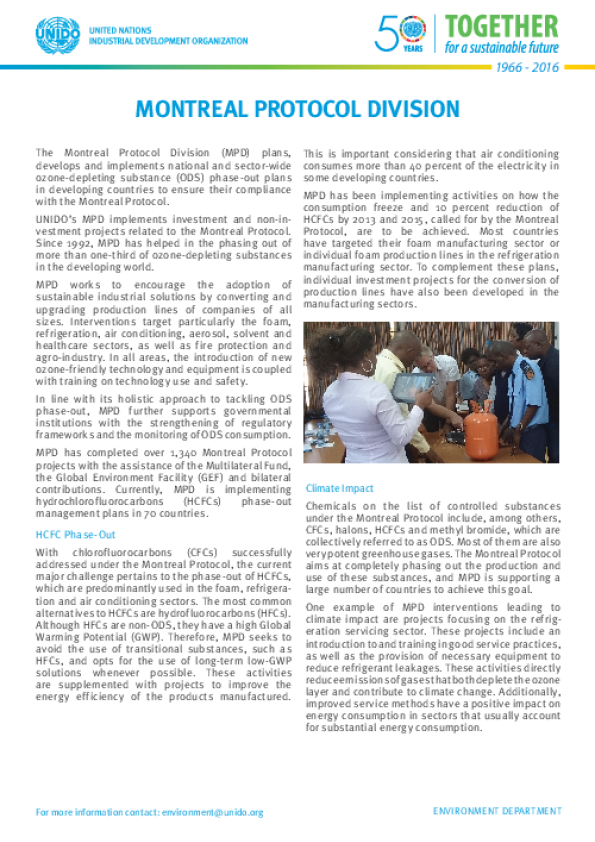
2021 | Author(s): UNIDO
#Montreal Protocol
The Montreal Protocol Division (MPD) plans, develops and implements national and sector-wide ozone-depleting substance (ODS) phase-out plans in developing countries to ensure their compliance with the Montreal Protocol
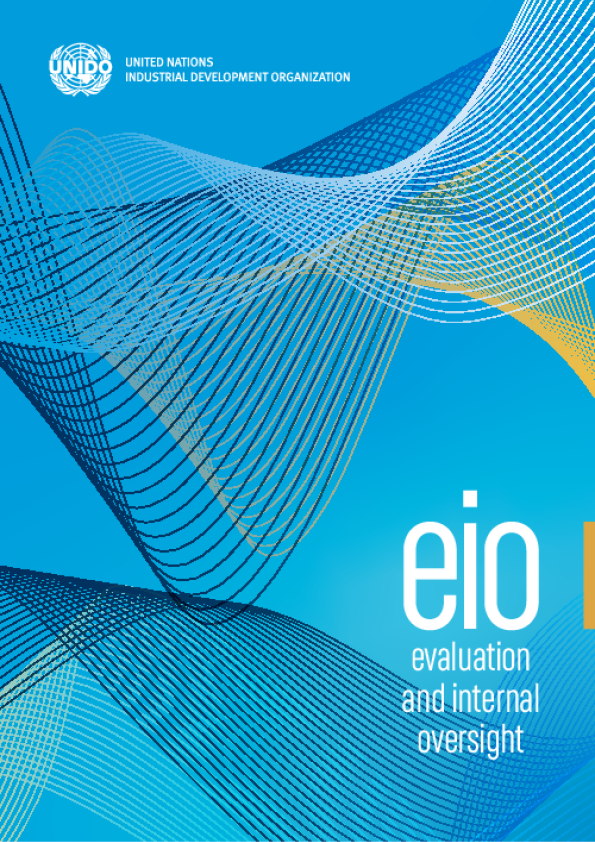
EIO evaluation and internal oversight - 2021
2021 | Author(s): UNIDO
#Evaluation and Internal Oversight

UNIDO's Contribution to Gender Equality Progress across Critical Areas of Concern
2020 | Author(s): UNIDO
#Virtual Exhibition #Publications #Gender and Youth
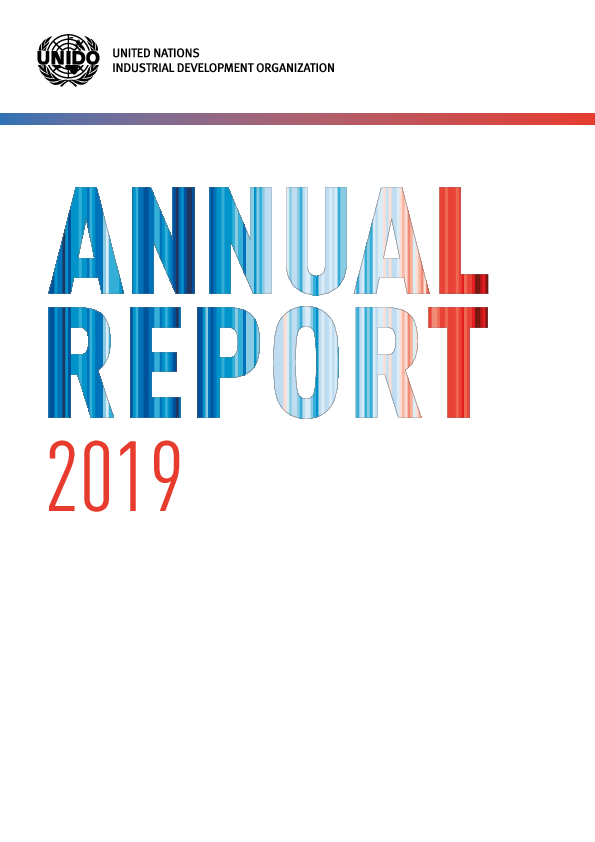
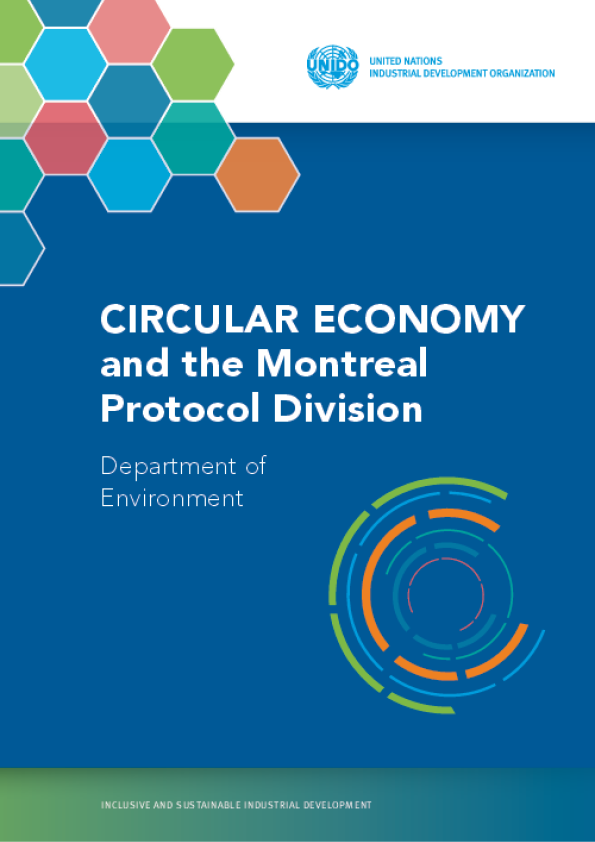
Circular economy and the Montreal Protocol Division
2019 | Author(s): UNIDO
#Montreal Protocol
The aim of this publication is to introduce the work of UNIDO’s Montreal Protocol Division (MPD) and its support for the circular economy. It illustrates how the Division integrates circular economy practices into its services, which include the conversion of production facilities, product design, capacity building, new business models and policy advice. It presents selected MPD case studies that highlight a key aspect of the circular economy, one which epitomizes its very essence – the value of products, materials and components is retained by slowing their flows and enabling their reuse. This is exemplified in three interlinked areas of MPD’s work – increasing the recovery, recycling and regeneration of refrigerants, materials and components; designing out harmful substances through greening product design; and increasing the lifetime of refrigeration and air conditioning appliances. It highlights how, in all aspects of MPD’s work, effort is made to ensure that product lifetime is extended, resources are optimized, waste is minimized and value is retained.

Gender Equality in the Sustainable Energy Transition
2019 | Author(s): UNIDO
#Virtual Exhibition #Publications #Gender and Youth

Inclusive Sustainable Industrial Development - The Gender Dimension
2019 | Author(s): UNIDO
#Virtual Exhibition #Publications #Gender and Youth
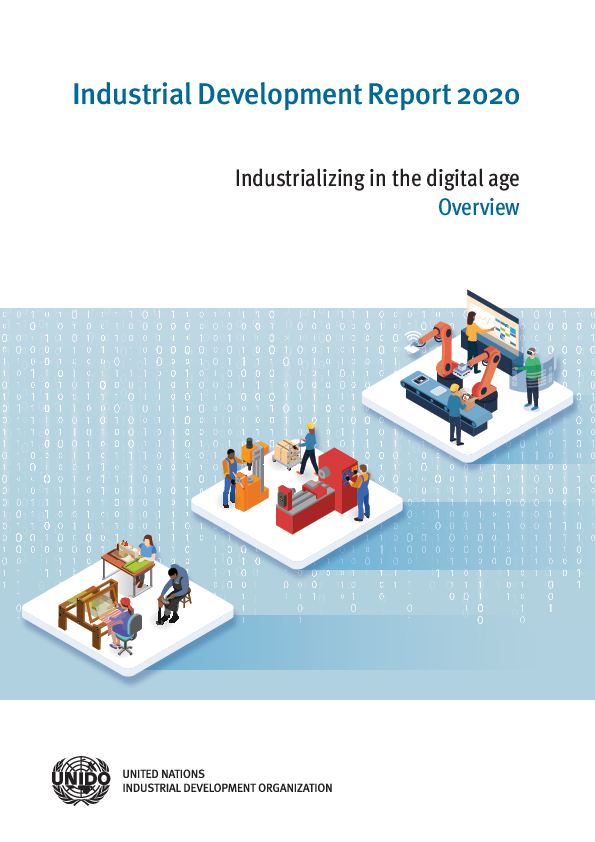
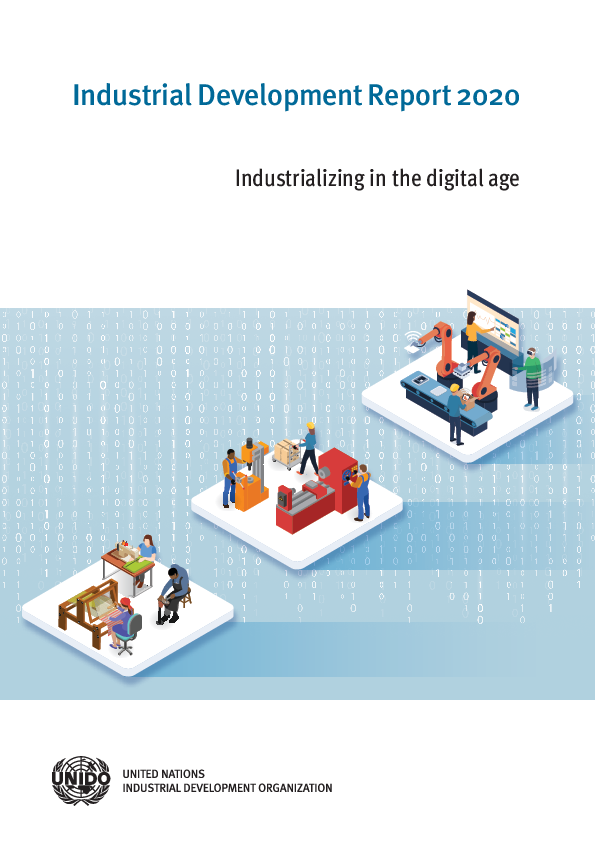
Industrial Development Report 2020
2019 | Author(s): UNIDO
#Flagship #Industrial Development Report
Industrializing in the digital age
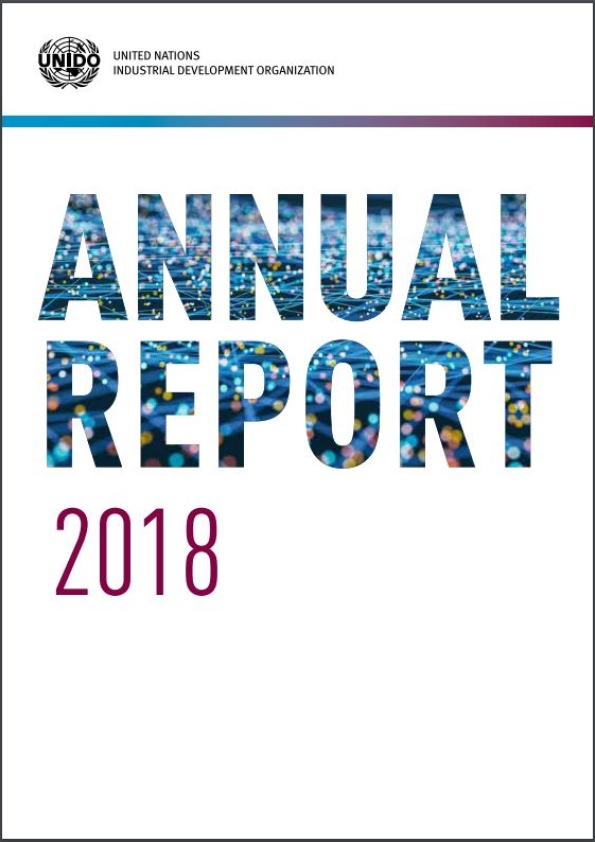
2019 | Author(s): UNIDO
#Annual Report
The year 2018 has been an exciting one for UNIDO, with the Organization building on past strengths, while driving for change in line with the medium-term programme framework (MTPF) 2018–2021 and its management objective of integration and scale-up.

2019 | Author(s): UNIDO
#Montreal Protocol
Over the last 30 years, we have worked to phase-out ozone depleting substances(ODS) under the Montreal Protocol, contributing to ozone layer protection and climate change mitigation. The Kigali Amendment (KA) adds hydrofluorocarbons(HFCs) to the list of substances which are to be phased-down. Its ratification, implementation, and enforcement pose challenges but also great opportunities.
